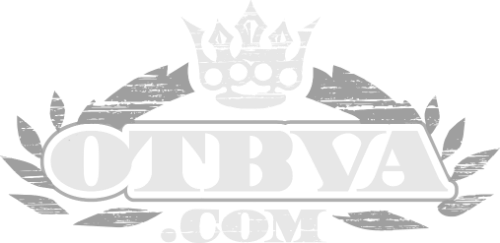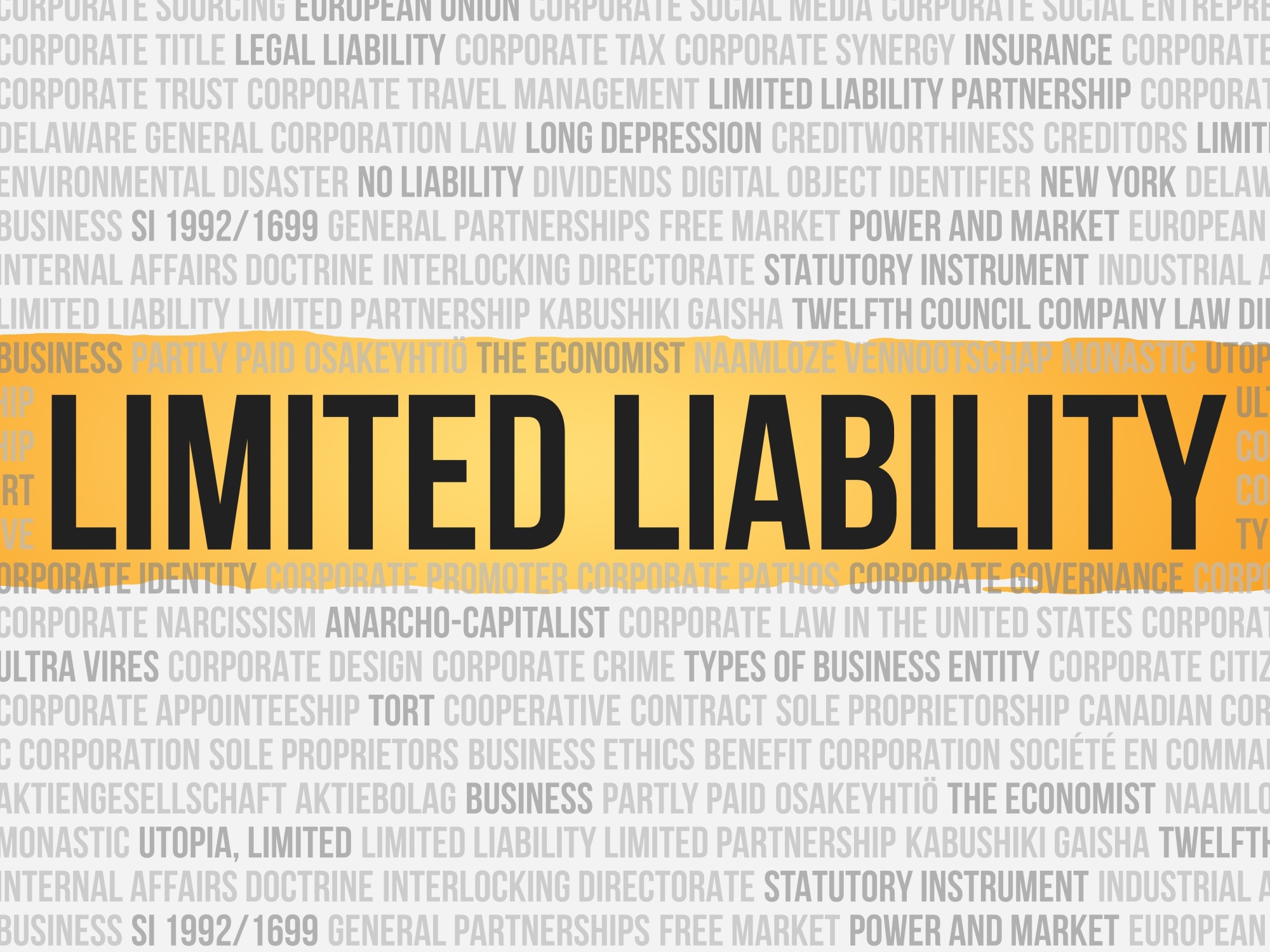Litigation impacts 43% of small businesses, according to a study from the U.S. Chamber Institute of Legal Reform.
That’s a concerning statistic if you own a small business. Legal fees can be extremely high, enough to wipe out your company.
To protect your business, you should have the right limited liability insurance. As with any type of insurance, it’s important to understand the details to make sure you have the right coverage.
What is Limited Liability Insurance?
As a small business owner, you might have formed a limited liability company (LLC). The business entity of the LLC will protect you from personal liability.
LLC insurance is something different. This protects the assets of your company in the event of accidents or injuries caused by your employees, business, products, or services.
Additionally, liability insurance for LLC separates the liability of partners in a business. If you have a few partners in your business, and only one has LLC insurance, only that partner’s stake in the company will be protected in the event of litigation.
What Types of Insurance Coverage Do I Need?
When exploring insurance options, a common question from business owners is, “How much liability insurance do I need?”
The question doesn’t have a simple answer because no one policy covers everything. Depending on the type of company, you might need multiple types of insurance coverage.
The two most common types are general liability and professional liability, but it’s best to understand all the options before deciding.
General Liability Insurance
A general liability insurance policy is beneficial to any type of business, since this covers the most common situations. These policies include injuries to third parties, damage to property, and harming someone’s reputation.
Bodily injury covers instances when someone who doesn’t work for you is physically hurt by your business, such as falling on your property and breaking a leg. Insurance will usually cover medical bills for the injured party. This is crucial, since costs of surgery and rehab add up quickly.
General insurance policies also include damage to someone else’s property. For example, this would cover a situation where an employee accidentally broke someone’s window or damaged their car while working on-site.
In some cases, bodily or property damage can be done by defective products. This could include things like a swing set with a weak chain link, or poor house construction. Most policies cover this as well.
The final type of injury covered by general liability is to someone’s reputation. If a competitor believes that you’ve defamed them, they might sue for damages to their reputation.
Professional Liability Insurance
Any company that provides a type of service should also have professional liability insurance. This includes services such as product design, providing recommendations, caregiving, giving advice, and more.
Professional liability claims occur when someone accuses you of harming them by not doing your job correctly. A couple of examples are a consultant who designed a software solution that corrupted important data, or a doctor who prescribed the wrong care.
Workers’ Compensation Insurance
While general liability insurance covers bodily harm to people who don’t work for you, it doesn’t cover your employees. For that, you’ll need workers’ compensation insurance.
This insurance covers situations where an employee is injured on the job, and it would usually pay for medical bills as well as lost wages.
Workers’ compensation is required in most states, but not all. It may depend on the type of work, and some states only require it after a certain number of people are employed.
It’s important to understand the specific rules for your state, since noncompliance may lead to criminal charges. Even without those charges, fines for noncompliance are steep.
Also, even if your state doesn’t require that a single person company has workers’ compensation, you may still want to get this type of insurance for yourself. Otherwise, if you’re injured while working, you won’t receive any benefits.
Commercial Auto Insurance
If your LLC owns or uses a vehicle for business reasons, you may need commercial auto insurance. Some amount of insurance, such as coverage for damage to people or property, is often required.
You may also want to consider add-ons for other situations, such as collisions and coverage for uninsured motorists.
Commercial Property Insurance
Additionally, you may want to have commercial property coverage for damage to your LLC’s physical property. Damage could be to a building or to office equipment. If you rent property space, you’re only eligible for equipment coverage.
The types of damage included differ by policy, but some typical covered events include fire, theft, and vandalism.
Umbrella Insurance
It may also be worth getting umbrella liability insurance. This extends the coverage of other insurance policies in the event of higher than expected losses.
For example, if an accident caused $175,000 of damage to someone else’s property, your general liability might only cover up to $125,000. In that case, the umbrella insurance would pay the additional $50,000.
It’s important to note that this doesn’t extend to all types of policies. It will usually extend your general liability and commercial auto insurance, but not professional liability. Make sure you’re aware of the details to see if you need to increase your other types of insurance.
What Isn’t Covered by LLC Insurance?
Even if you get different types of liability insurance, you won’t be covered in all cases. Some types of activities aren’t protected no matter what insurance you have.
Examples of items that aren’t covered include:
- Negligent or irresponsible behavior
- Illegal activities, such as fraud
- Not depositing taxes that are withheld from your employees’ wages
- Personal loan guarantees
- Personally injuring someone
In these cases, you’ll be liable regardless of your policy.
How Much Does the Insurance Cost?
The cost of your insurance depends on several factors.
The first question you should ask is, “How much insurance do I need?” The number of policies, as well as the amount of coverage, will impact your overall cost.
Location and the number of employees can also affect the price.
Additionally, the type of business may drive up the cost. If you offer a product or service that’s in a high-risk category, insurance will cost more.
Deductibles are another consideration. A higher deductible will typically lower the price of your policy.
Finally, your claims history has an impact. If you’ve had claims before, your prices could increase because you’re considered a greater risk.
How Can I Get the Best Price?
You can take a number of steps to help you get the best price for your insurance.
Get Expert Help
One of the best things you can do is work with an insurance broker, such as Morison Insurance Brokers Inc, or an insurance agent. They’ll help you navigate the confusing and complex landscape of insurance policies to find the best choice for your business needs.
Another benefit to working with someone is not having to translate all the legal jargon yourself. They can explain it in detail so you don’t miss out on an opportunity or end up with a policy that doesn’t provide enough coverage.
When finding a broker or agent, look for ones familiar with your industry. They should also be able to answer your questions and be easy to work with.
Price Isn’t the Only Factor
While you don’t want to pay too much, remember that price isn’t the only consideration. It’s more important to get adequate coverage for your business than it is to get the cheapest option.
Shop Around
Make sure to get quotes from several places. Not all companies offer the same options or prices, and you want to find the best choice instead of settling for the first one you find.
While you’re exploring options, also find out if the insurance company is stable. It’s important to feel secure in your decision.
Consider a Package Policy
Another option is to get a package policy, such as a Business Owners Policy (BOP). These packages combine several coverages into a single contract that typically has a lower price than buying the policies separately.
These packages might have different names between insurance companies, and you might find ones specific to your type of business. For example, a package might cover restaurant owners, accountants, or construction companies.
A BOP combines major liability and property insurance coverage, as well as some additional coverage, into a single package. These are often enough for a small business, though you can add other coverage as needed.
Higher Deductibles
You can also opt for coverage with a higher deductible, since these often come at a lower cost. If you go this route, make sure that you can cover the deductible without significant impact on your business.
Finding the Right Limited Liability Insurance is Essential
No one wants to think that they’ll be sued, but it’s a reality when you own a business. The best way to make sure this doesn’t negatively impact your company is to have the right limited liability insurance.
With the right policy in place, you won’t need to worry about losing all your business assets to claims. Instead, you can focus on the important work of running your business successfully.
If you’d like more tips about running a small business, visit our blog and search on “small business.”

